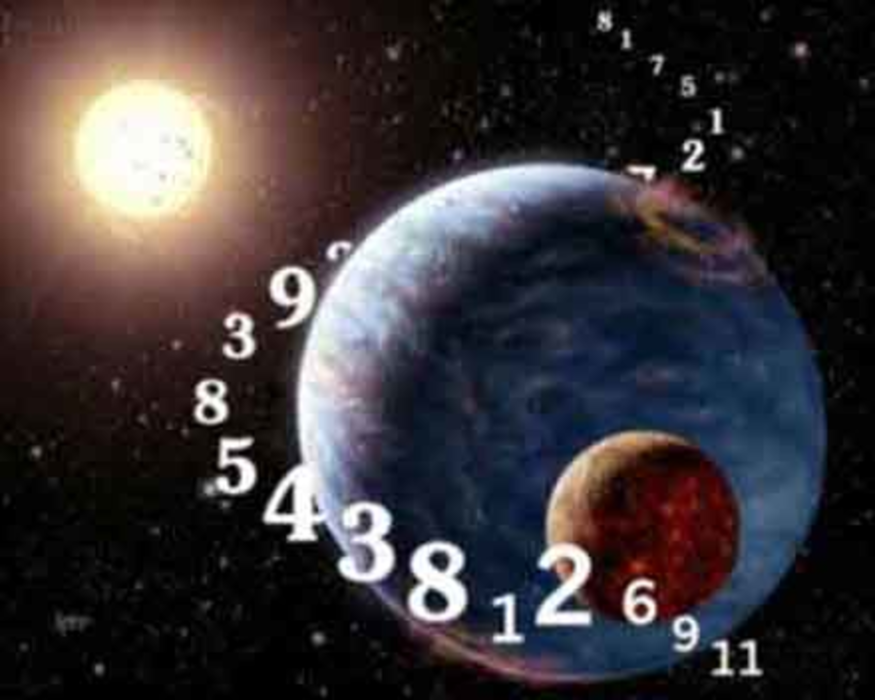It’s the Wobble Effect that unleashed Big Data on a universe of unsuspecting marketers, according to Rosetta Stone VP of Sales and Marketing Eric Ludwig. Until September 15, 2011, the only planets astronomers knew about for sure were the ones in our own solar system. Then technology in the form of the Kepler space telescope and a technique called Doppler spectroscopy allowed scientists to detect thousands more potential planets in the heavens.
A similar turn of technological events in the world of data analysis transformed regular old data into Big Data, Ludwig said during a panel discussion exploring the topic yesterday at Advertising Week in New York. “For years we could analyze search data and it was clear what the return was,” he remarked. “Now it’s evolving into social media and in-store traffic analysis.”
Marketers’ ability to dig deeper into an ever-expanding universe of data sources has altered their goals for customer intelligence, according to most members of the panel. “The most dramatic change is that we’re seeking lifetime value from customers instead of dollars per transaction,” said Kinjil Parikh, VP of digital marketing at Saks Fifth Avenue.
The irony, Parikhnoted, is that Big Data is helping Saks harken back to its core customer values. “If you look back 100 year in our business, it was about one-to-one marketing,” she noted. “A salesperson would contact a regular customer when a new dress came in that she knew the customer would like.”
Grazia Sorice Ochoa, director of global digital marketing for Starwood, said Big Data allowed her company to take its attention away from the top and bottom of the marketing funnel and look deeper into customer intent. “It’s all about the right time and the right place with us,” she said. “We have a perishable product. Once the day is over, that room night is gone. We now can watch customers from four months out.”
Test, test, and test again may be the mantra of data-charged marketers, but one panel member warned his colleagues not to get too tangled up in numbers. “Figure out the art before the science,” counseled Dan Rosensweig, CEO of Chegg, an online buyer, seller, and renter of text books. “Marketing teams can get lost in the data, but if you don’t get your testing done in time, you’re going to fail. In our business, we have two-month windows to make our sales.”
And make sure you’re measuring the correct variables. “We were measured on return on marketing spend, but that can lead to bad decisions,” Ludwig noted. “If you’re making $12 on on every dollar spent that’s great, but what’s it mean to the rest of the organization? You have to integrate it into product development and distribution. If you’re only using Big Data for marketing, you’re losing on the proposition.”








